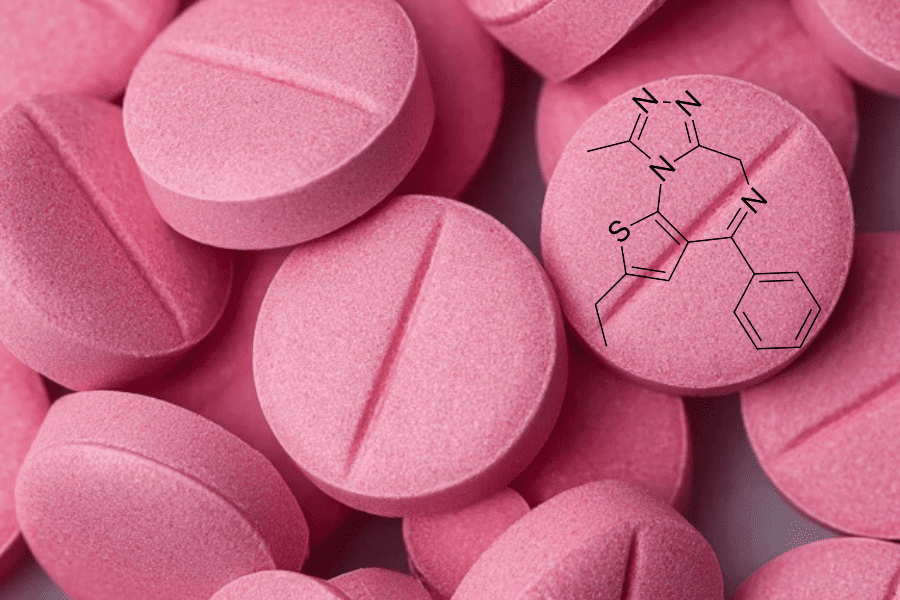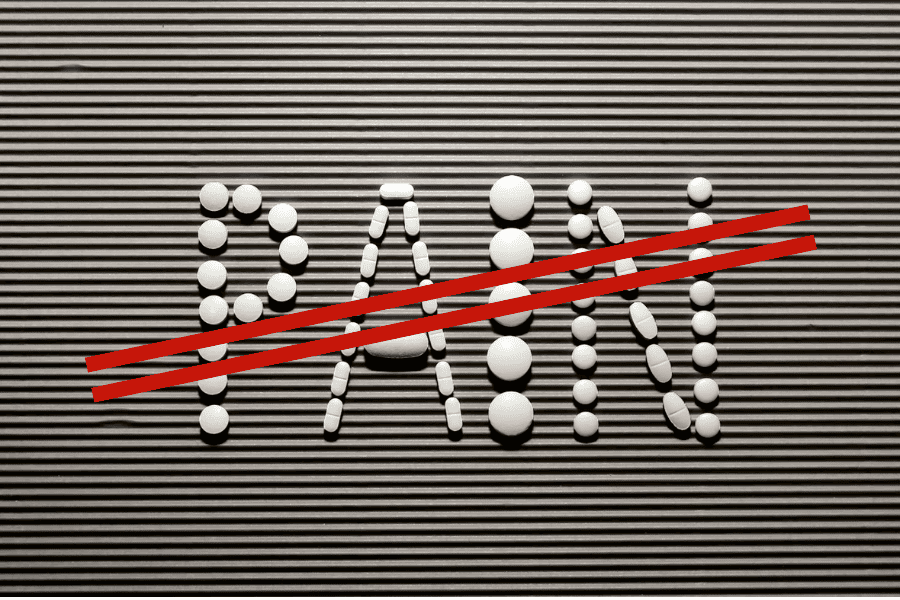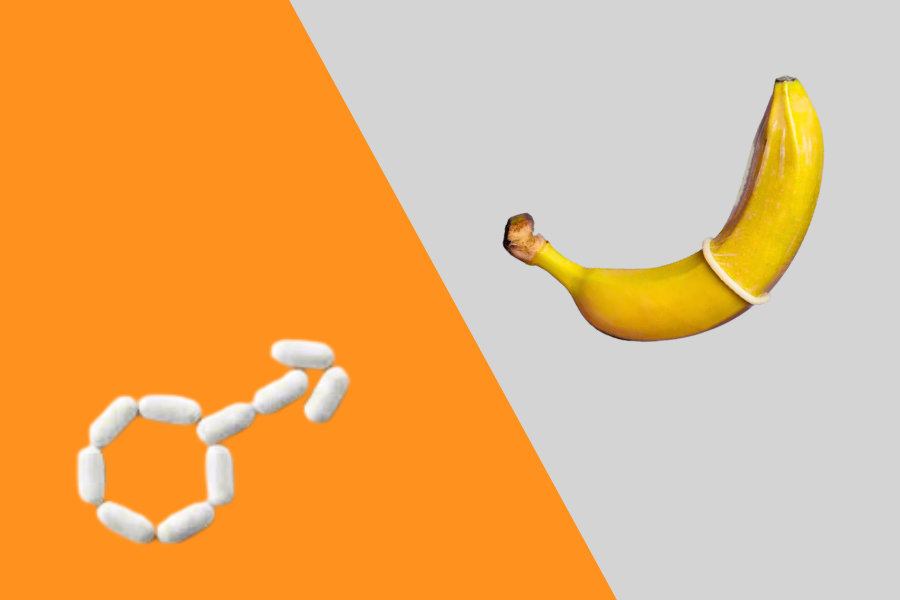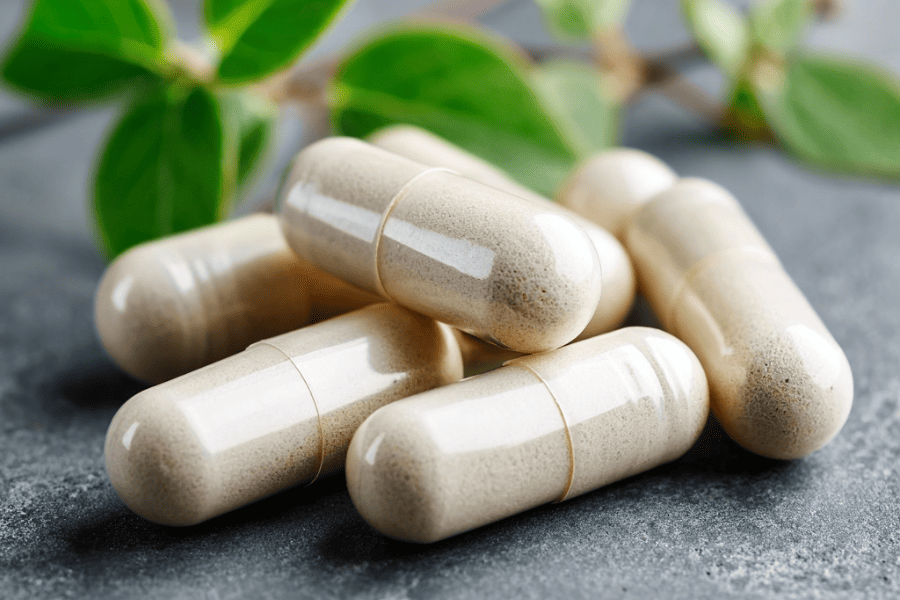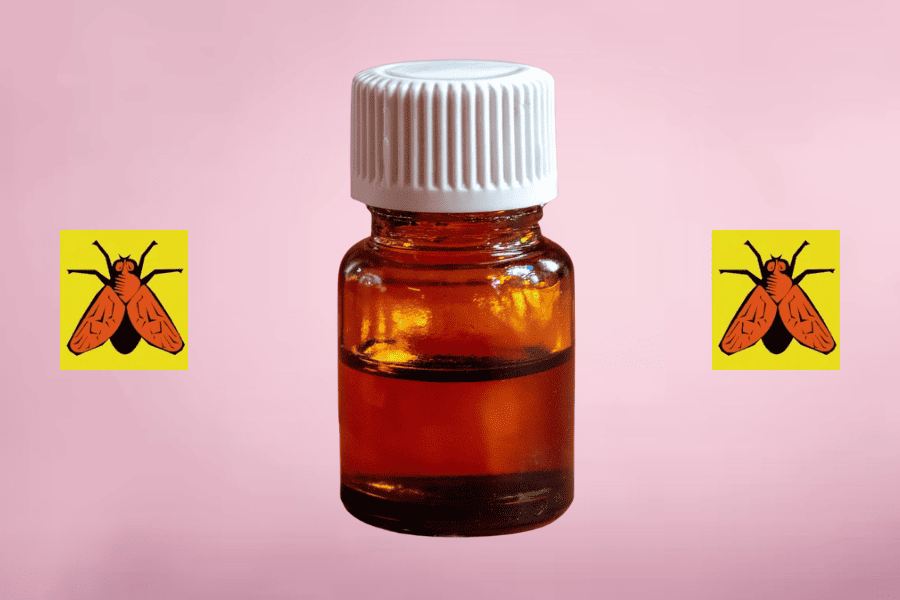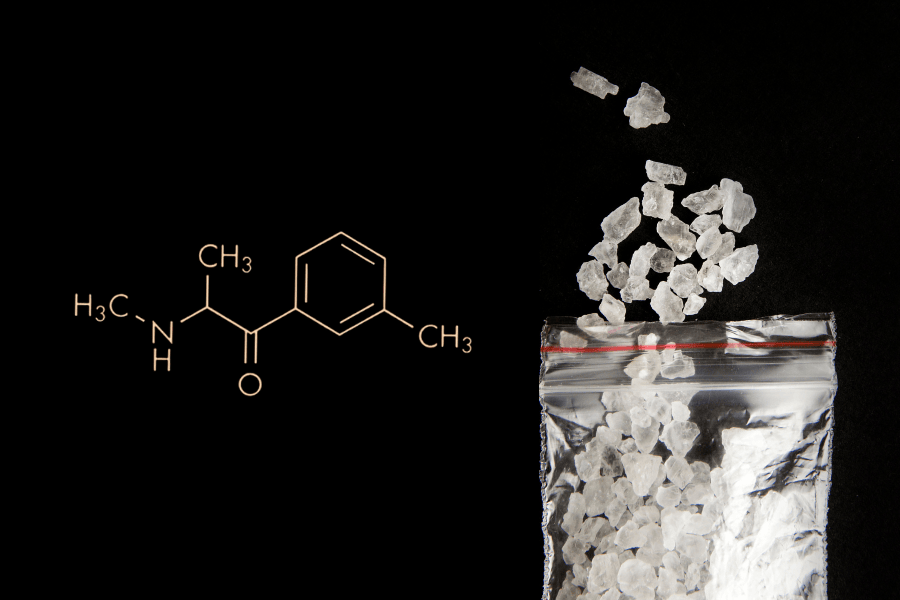The new legislation regarding New Psychoactive Substances (NPS)
- Funcaps
- Blogs about research chemicals
- 14 Feb 2024
- 85views
- Reading time: 3 minutes

In recent years, the world has seen an increase in New Psychoactive Substances (NPSs), which are mushrooming. This has led to new public health and safety challenges as little was known about the effects and risks of these substances. To address these issues, the government is introducing new legislation to ban multiple NPS at once.
What are New Psychoactive Substances?
New Psychoactive Substances are synthetic substances, also known as research chemicals or designer drugs. NPS aim to mimic the effects of drugs that have become illegal, so that research into the effects and risks of these research chemicals could be investigated legally. In Europe, there are as many as 930 different New Psychoactive Substances on the market and new RCs are being added all the time.
What did the old law on NPS mean?
In the Netherlands, substances are made illegal through the Opium Act, within which there is a List 1 and List 2. When a substance is included in the Opium Act, it may no longer be produced and sold. Also, the substance may not be found in your possession. Well-known NPS, which have already become illegal, include 3-MMC and 3-CMC. So buying 3-CMC was no longer possible at one point, but its brothers 2-CMC and 2-MMC could be bought legally again. So there are plenty of substances, which are not included in this list. This is because providers change something about the chemical structure of illegal substances, such as cocaine and MDMA, creating a New Psychoactive Substance, which is then legal for research purposes. Human consumption is mostly already discouraged.
What does the new legislation entail?
Anno 2024, a new bill is pending in the Netherlands regarding the NPS. If this law is passed, three groups within the NPS will be banned at once as well as all RCs within these groups. These three classes will then be included in the Opium List 1A. In this way, the government wants to stop the international trade and production of NPS and also emphasise the fact that NPS can be dangerous even though they are not currently illegal like illegal hard drugs.
Following the example of other countries
In Belgium, a ban on NPS has already been in place since 26 September 2017. This royal decree also banned several groups of psychoactive substances in one fell swoop. Within this law, RC classes such as amphetamines, cathinones, tryptamines, piperazines, synthetic cannabinoids and fentanyl were immediately made illegal. It also banned NPSs that were still in development and would belong within these groups. Other countries also have an outright ban on NPS.
Which research chemicals will become illegal?
Three substance groups will be included in the new drug law. These are:
- Substances derived from 2-FA and 4-FA, such as the fluorinated research chemicals
- The synthetic cannabinoids
- Substances derived from 4-aminopiperidin
Does the new law regarding NPS make sense?
Many people and would-be researchers oppose the new drug law because previous drug bans have not worked. Other arguments against the new law are:
- Rule of law is endangered
- Prohibition leads to illegal production and crime
- Other countries already showed that drug prohibition is useless
- Illegal, more harmful substances will appear on the market
- Enforcement creates additional overload for police and prosecutors
- Medical research will not be made easier
- Prohibition is not based on sound research
- It is not communicable
- A ban is naive
Are there any alternatives to the NPS?
The use of research chemicals can be associated with various health and safety risks, due to their unknown effects and legal status. Fortunately, there are alternative approaches to research and experimentation that are less risky. An alternative to research chemicals is to use long-established and well-studied chemicals, whose effects and risks are well known. These chemicals are often used in scientific research and are usually safer than research chemicals because of their thorough research history. Another approach is to use natural products and extracts, which provide an alternative to research chemicals. Many plants and herbs contain compounds that have interesting pharmacological properties and can be investigated for various applications.
